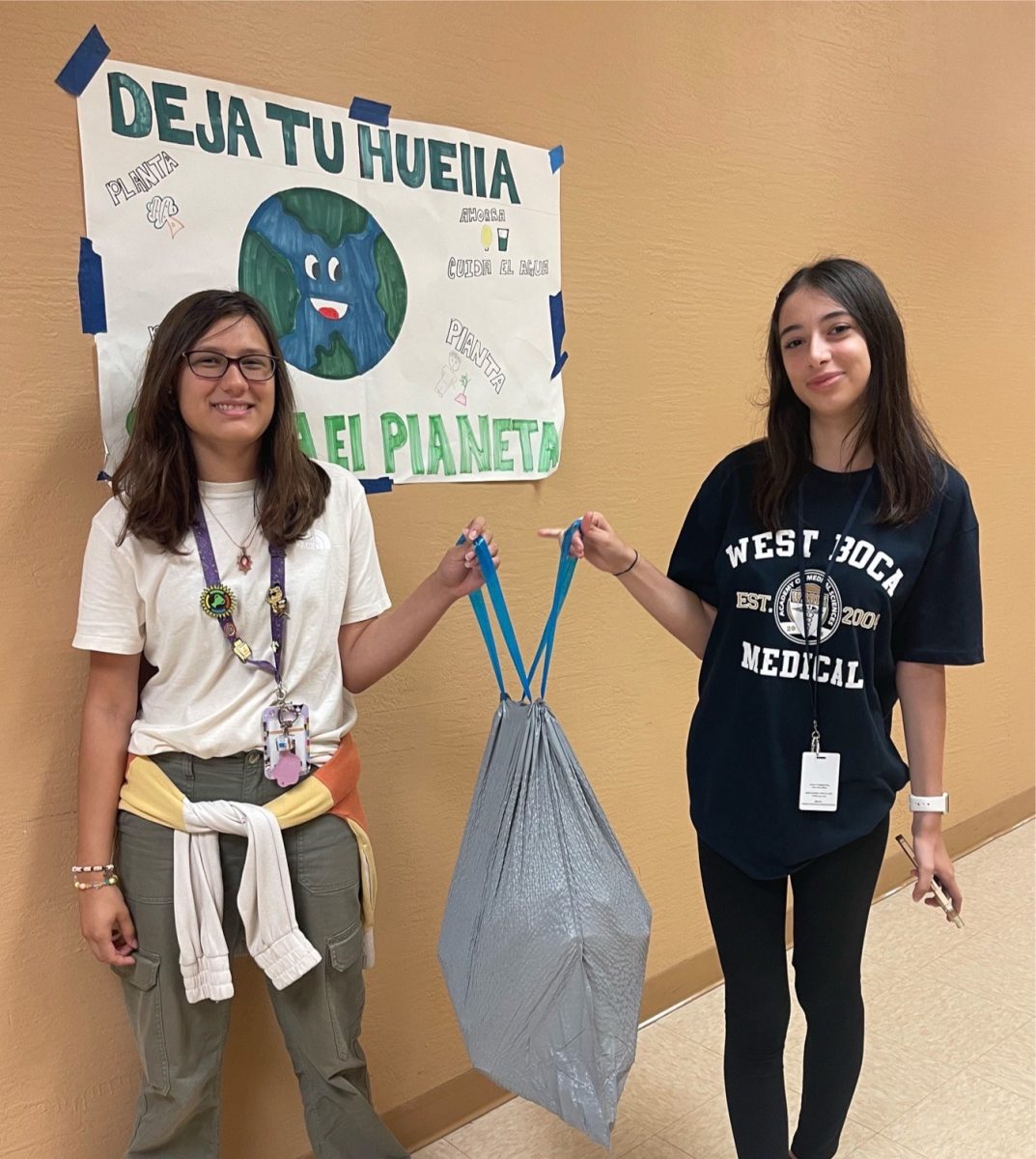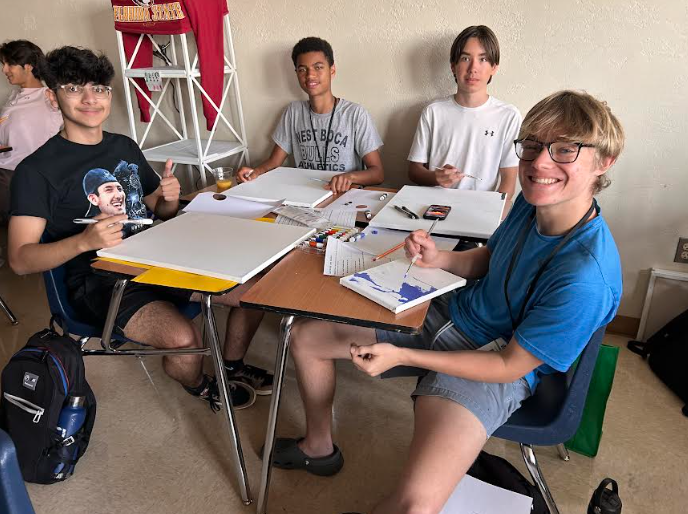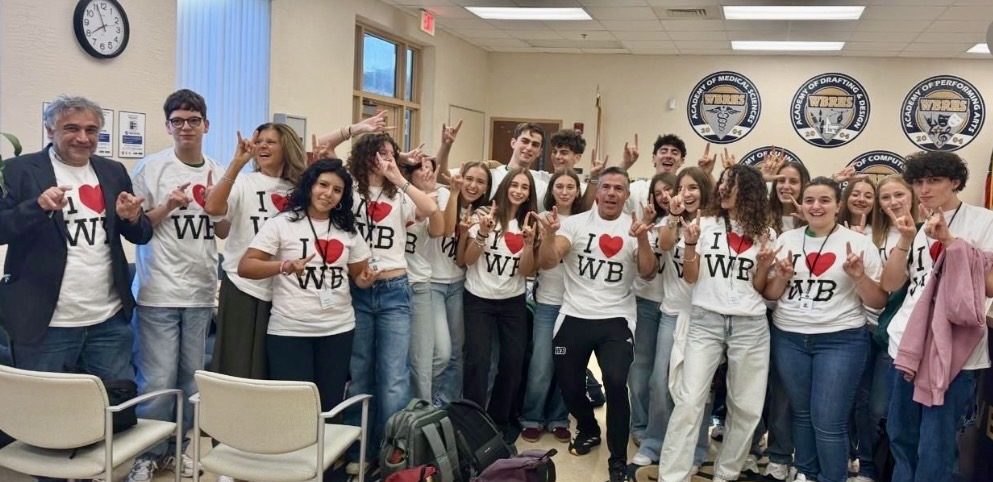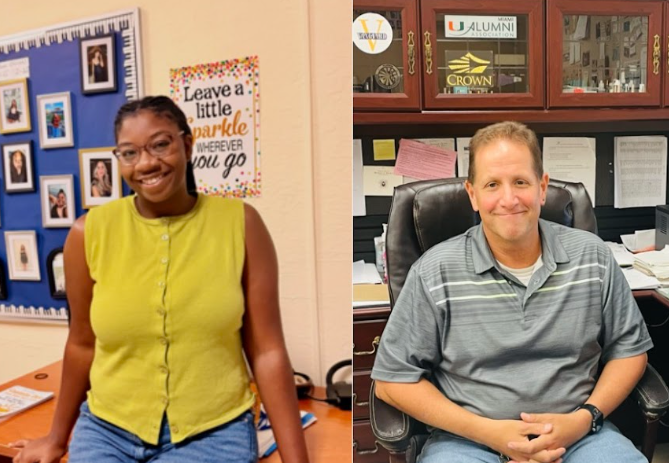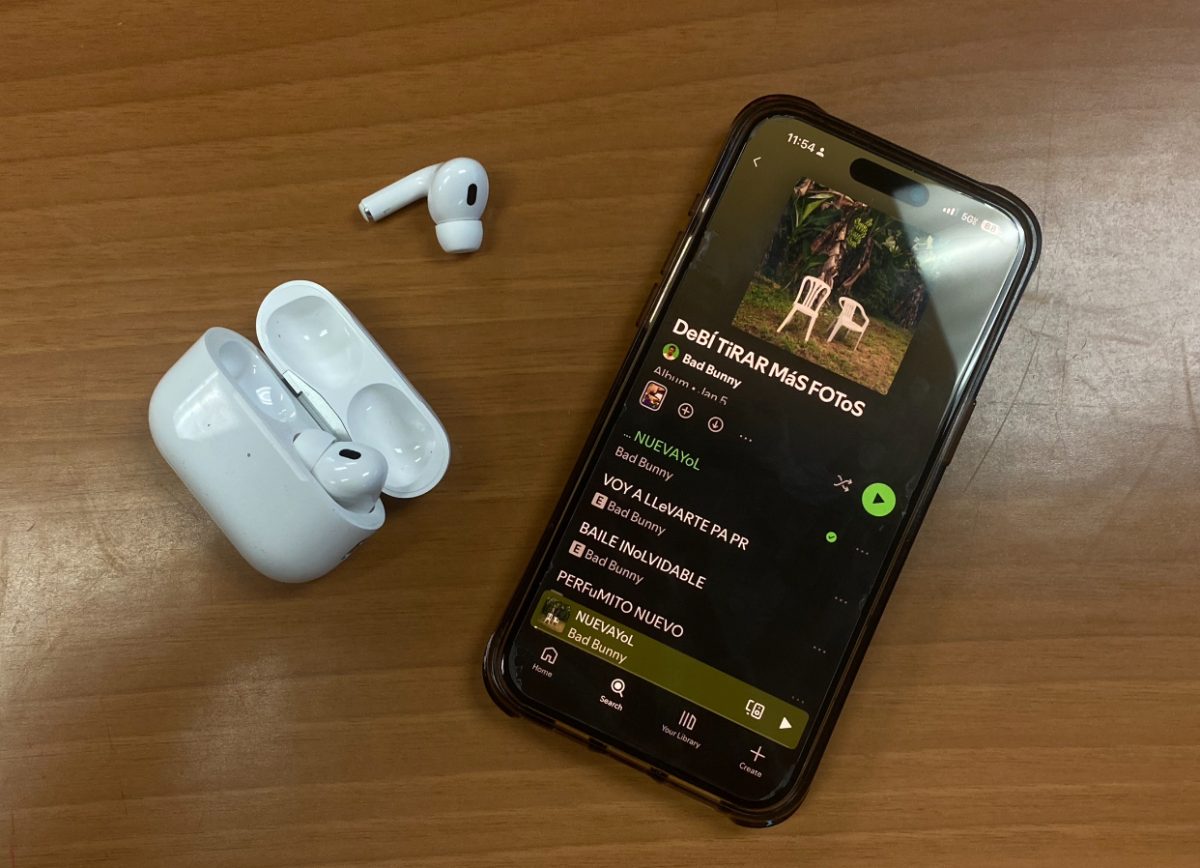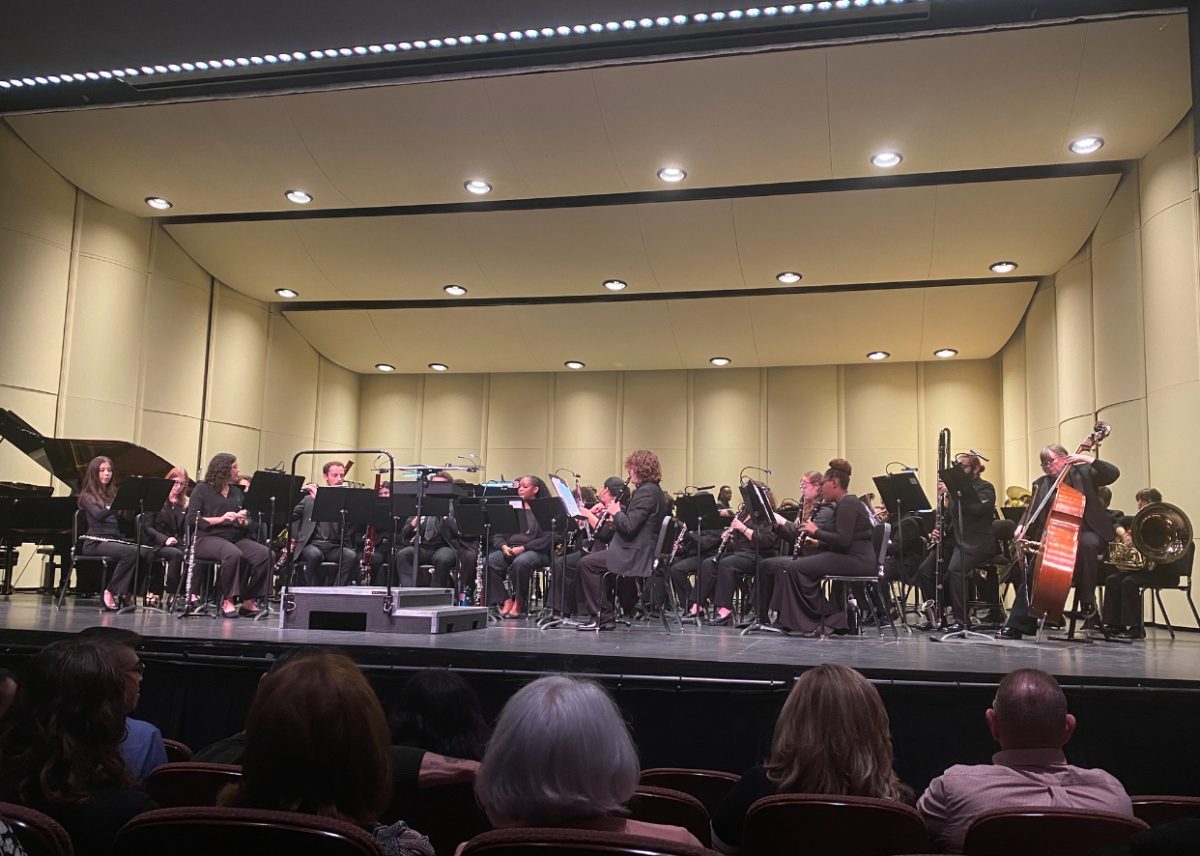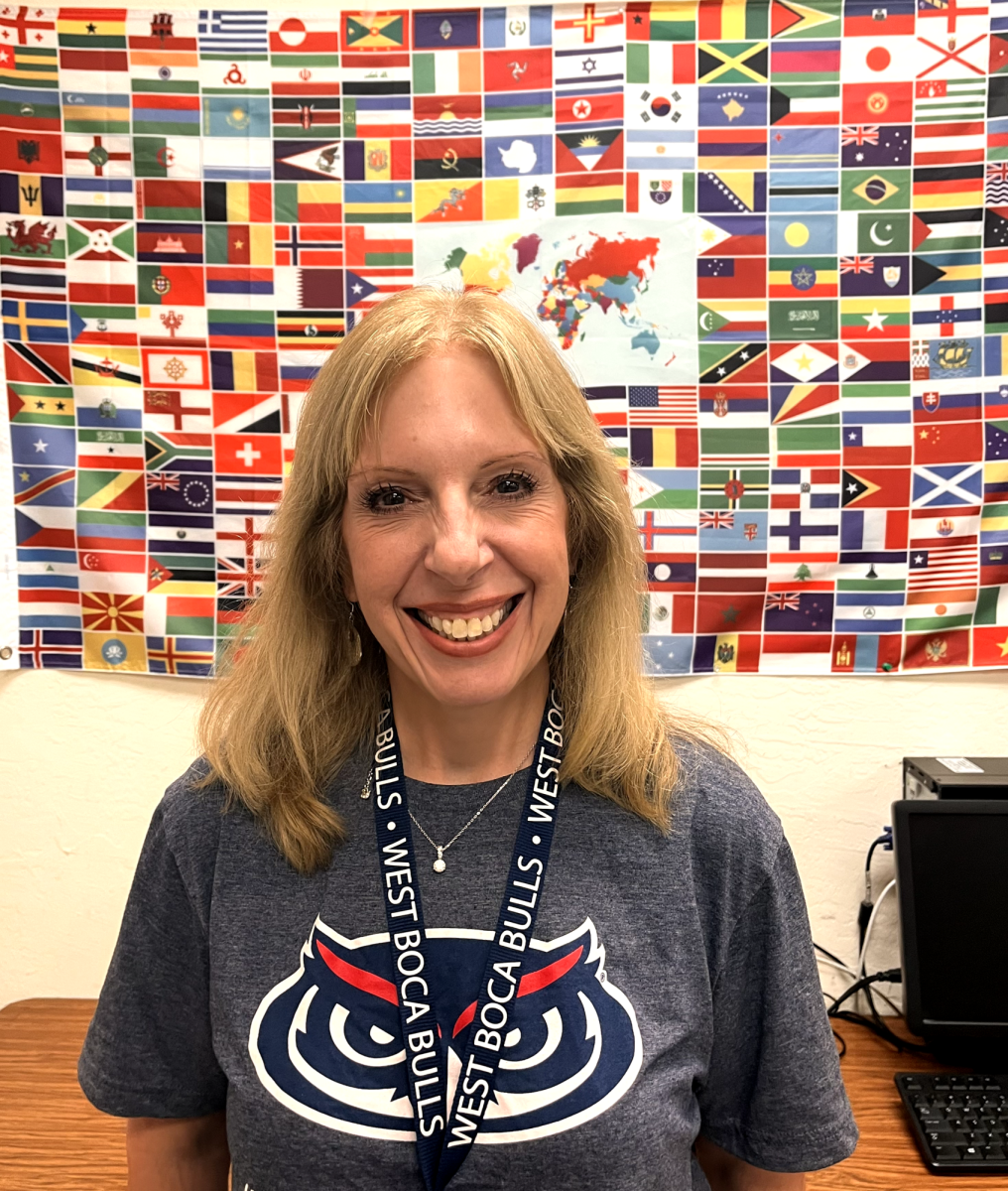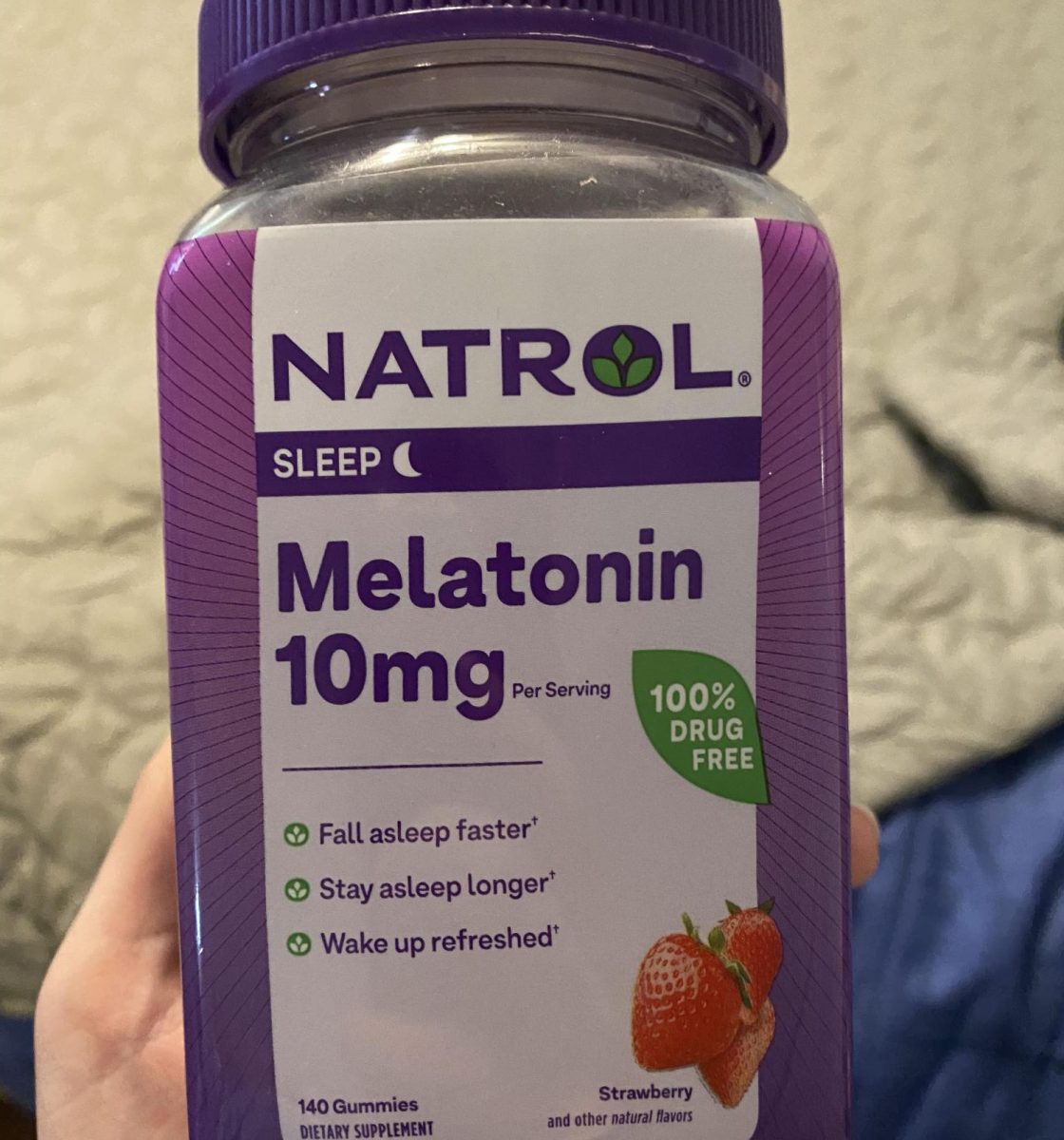On January 7, 2015 the Obama administration and the U.S. The Departments of Justice and Education issued two very important documents addressing English learning students: The “Dear Colleague” and the Every Student Succeeds Act (ESSA). Both of these documents were guidelines for schools, and according to Understood, they were a reminder of the obligations schools uphold towards students, stating that the law holds the schools as responsible for how students learn, as well as disadvantaged students like the ELL (English Language Learner) Department, who help those learning English as a second language. These documents helped schools and districts by providing federal funding and support to students and leading them towards success.
In August 2025, the U.S Department of Education revoked the guidance; which provided detailed instructions for identifying English Learners, testing their English level, offering them language assistance programs, monitoring their progress, and making sure parents with limited English levels had support to communicate with schools and their staff. It also said that students must have qualified teachers and the districts should regularly evaluate if their programs are helping students correctly. The Education Department ended up revoking the document because it was too descriptive, which made the federal government have too much control over local education. They claimed that these changes would make states and districts more flexible to design their own ELL programs that would go best with each community individually.
Without clear federal instructions, schools may feel uncertain about what their responsibilities are to ELL students, leading to possible inconsistencies and disorder within the state education department. Educators and civil rights advocates may worry that the revocation of the documents could lead to fewer resources for students who already face learning challenges. It is important to note that the revocation of this guidance does not change what the law says. According to ABC News, schools will still provide help to English learners to overcome their language barriers, with the tools they need to reach their success. What has changed is the amount of direction and support that may be given towards the department by the federal government.
I was once part of the English Language Learners Department. And to me, all their guidance, translations, classes, and tests were of extreme importance and value to who I am today. If it weren’t for the ELL departments from the schools I have been enrolled in, I wouldn’t be able to learn as easily as I do now at school, nor would I be able to challenge myself in AICE and AP classes. Had it not been for ESOL (English to Speakers of Other Languages) I wouldn’t have a safe place in school where I felt seen, recognized, and helped. As a past ELL student, I know how important this department is to students who may be struggling not only with the language barrier, but also being in a foreign country, with parents who are working twice as hard as before, and far from the familiar things they were used to in their day-to-day life they left behind.
When talking to other past and current ELL students, I asked them what the ELL department meant to them and how the department affected their school experience. All students mentioned the same point, how ESOL was a place for them to feel heard, and cared for. ‘’They offered me extra time, which helped me during state tests, and made me feel less stressed during them, by being in an environment that I felt comfortable in,’’ said Ana Nascimento. ‘’ESOL offered me a comfortable environment, since all my classes were in English, and at the time I did not speak it very well, when I went to ESOL I felt like I could express my culture and be understood,’’ stated Ana Felizardo, who also mentioned how the ELL department helped friends of hers from last year, by raising money for their prom attire and tickets! Another student, Maysa Souza, expressed how ESOL was a source of pure aid and assistance to her when she arrived in the U.S. “When I first came here for middle school, I didn’t know much English. Esol helped me by having teachers assist me during classes, translate, and offer after-school sessions so I could learn English more easily.” According to Zackery Souza, ESOL was a great place for him to feel like he belonged when he arrived in the U.S. from Brazil a few years back, “When I arrived from Brazil, ESOL was a great source to get me introduced to people, and make me feel more at home at school”.
Elena Singer is the ELL Department Coordinator here at West Boca and she expressed great passion and love for helping those who are learning a new language to feel heard and welcomed, ”I know that the ELL students are very intelligent and well educated in their home countries and I want them to have every opportunity to be successful, I don’t want them to be limited because they are still learning the language. I want their tests, exams and lessons in their classes to be able to reflect their knowledge of the subject matter, despite their language level.“ She hopes that students from the ELL department feel seen, heard, and hopefully learn how to navigate their journey through the language that is English and the school experience that is so different from their home countries, “I want them to know how much I respect them. I want them to not give up; I know the climate is not very welcoming right now, there are very barriers for higher education, but they should keep striving for success. They should look to the future and believe that they can be successful,’’ she says, to her dear ELL students. She also mentioned that Florida has the “Meta Agreement,” which guarantees that students from our state have equal opportunities and access for their education.

